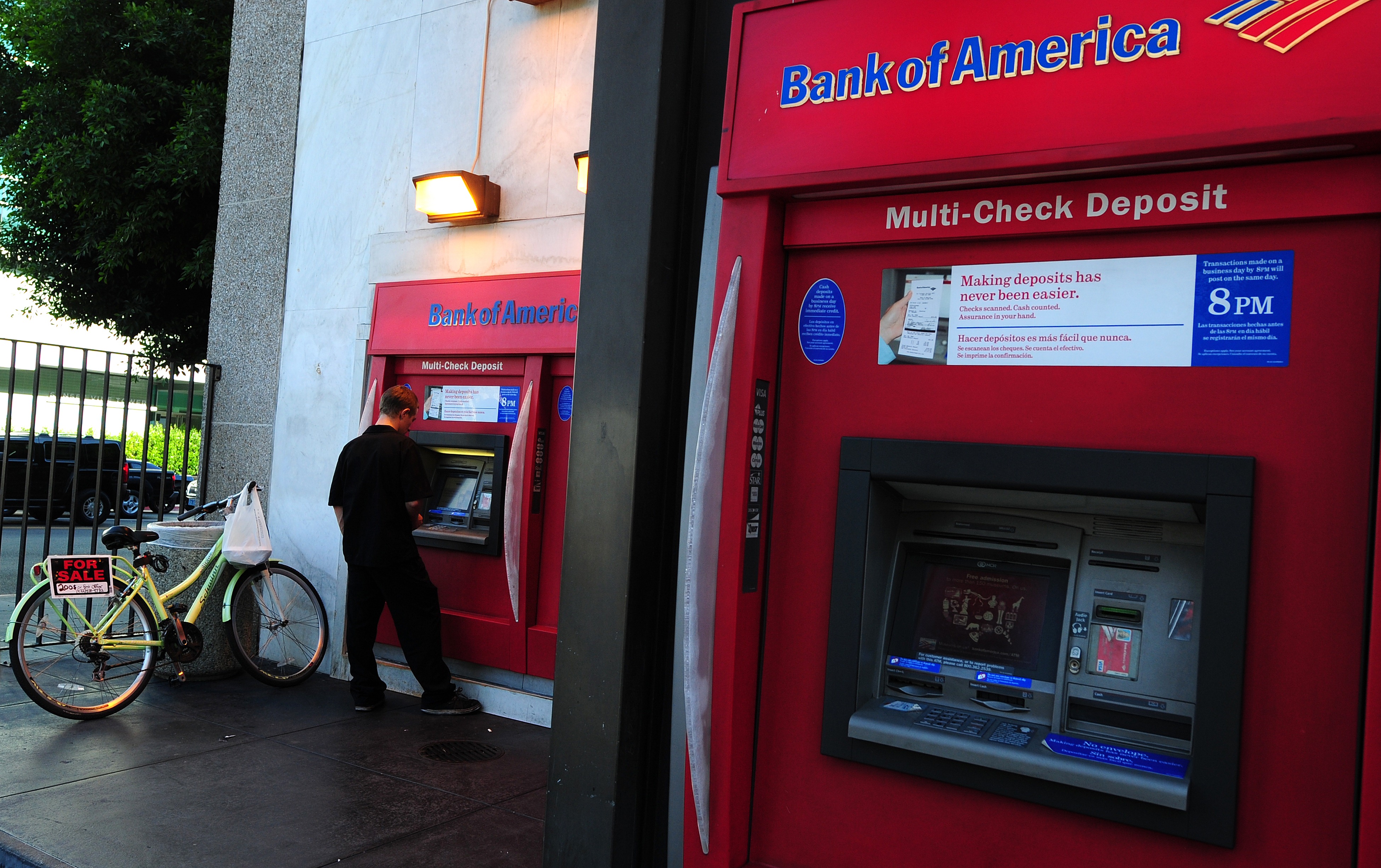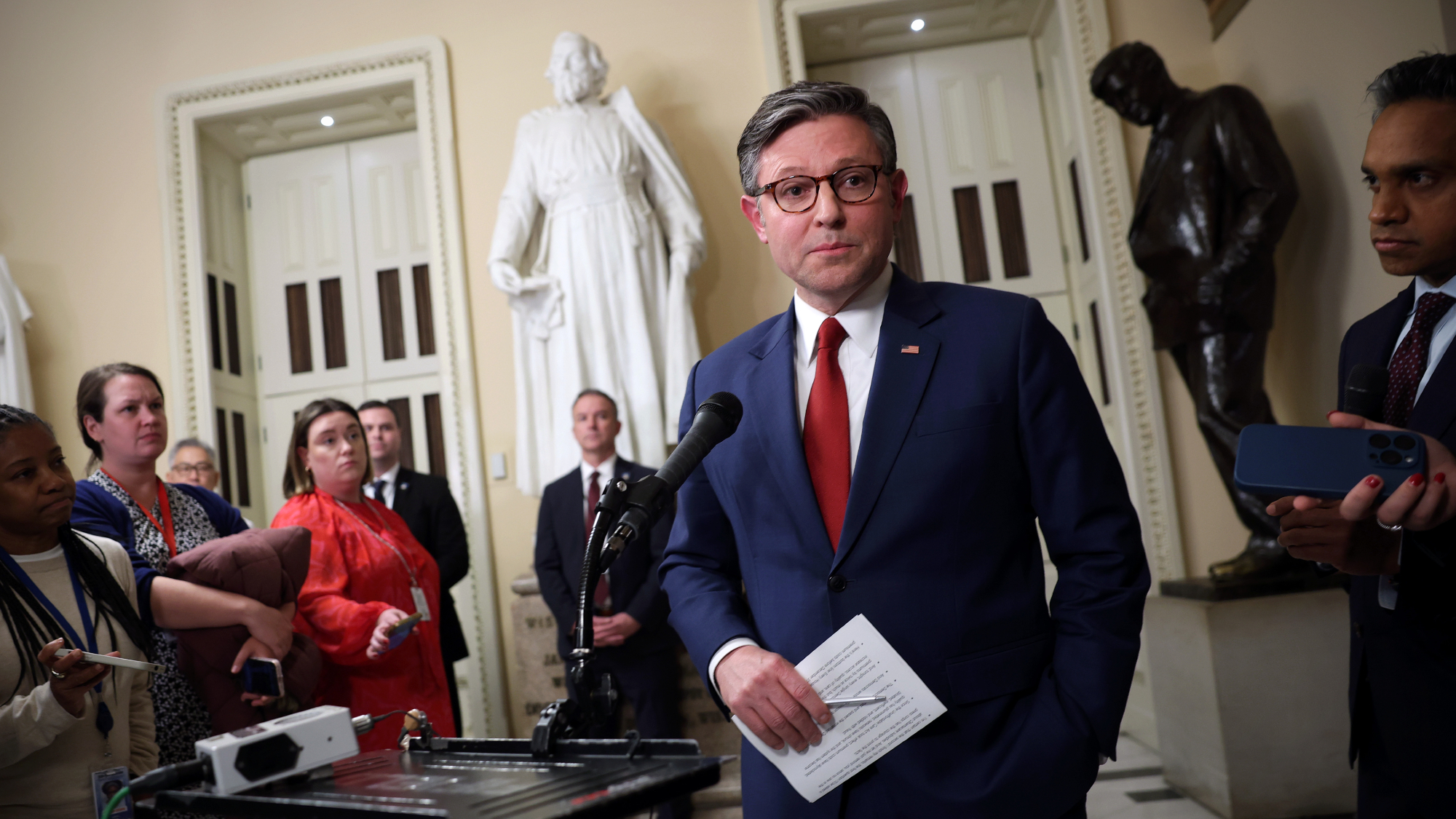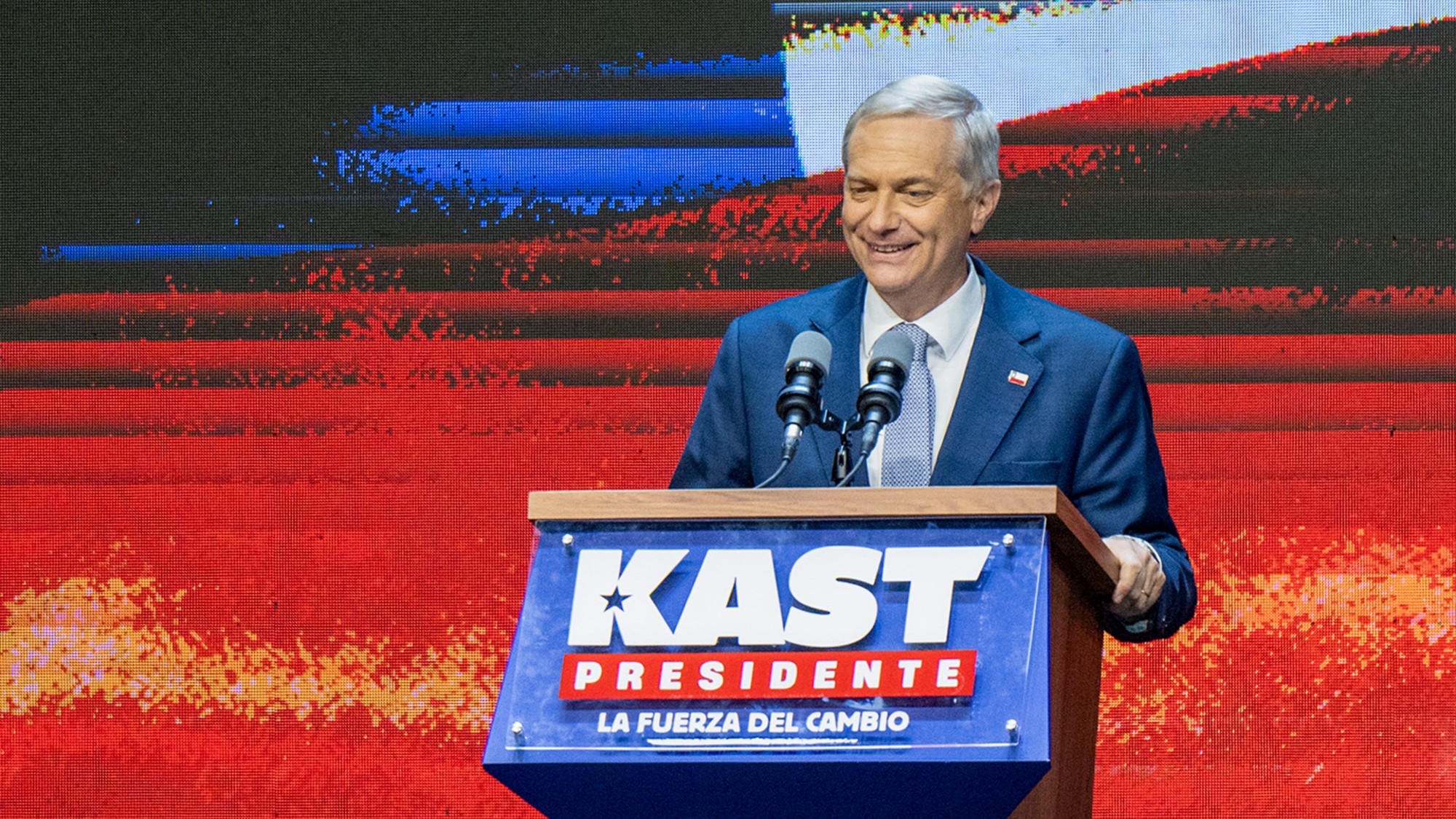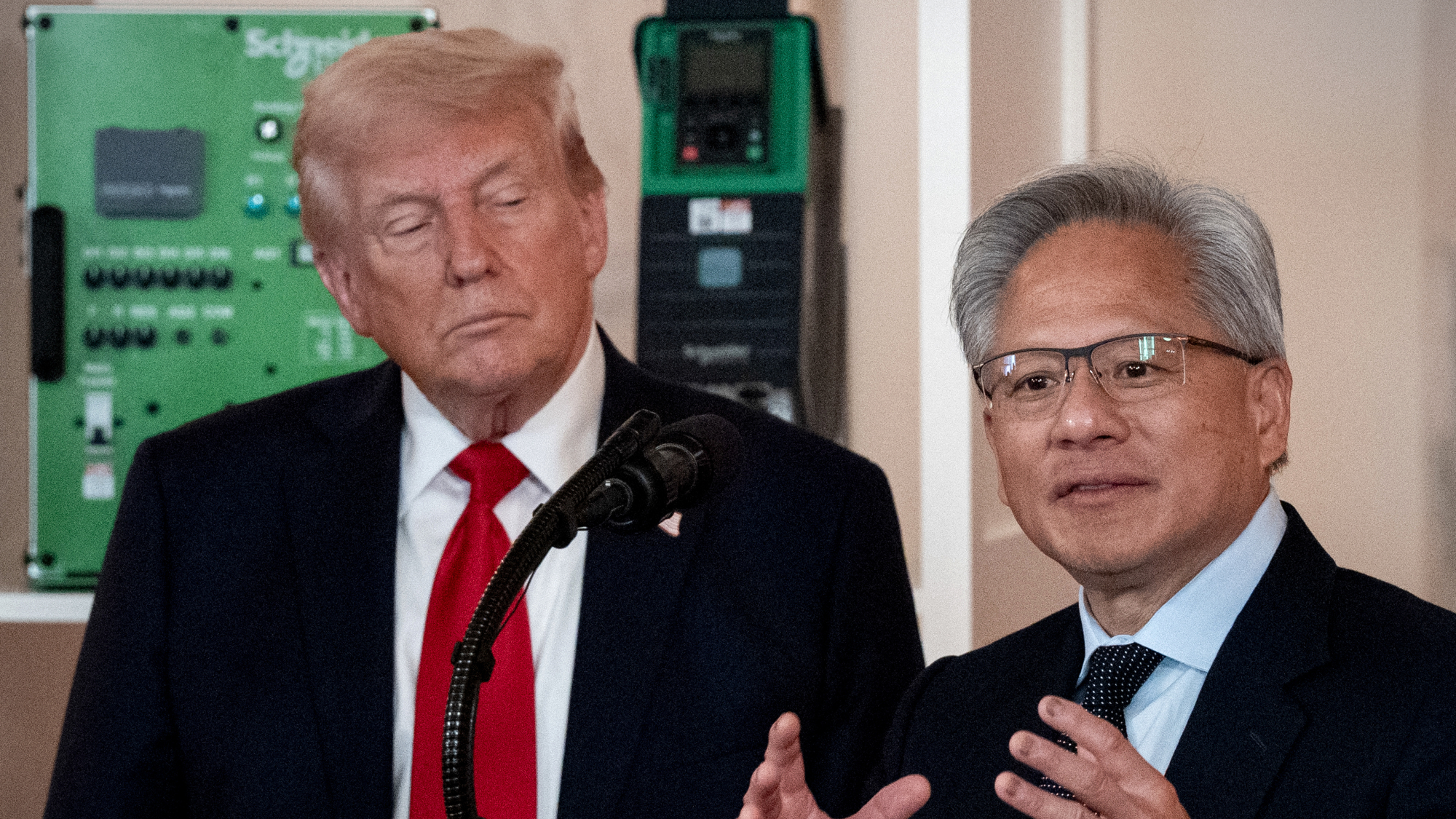Lower-income Bank of America customers face a $12 monthly fee after the bank switched their accounts


Bank of America, the second-largest U.S. bank by assets, just finished switching all customers who used a free online-only checking account to checking accounts that charge customers a $12 monthly fee if they don't maintain a minimum daily balance of $1,500 or a monthly direct deposit of at least $250, The Wall Street Journal reports. The eBanking accounts were popular with freelancers and people with low incomes, and a petition protesting Bank of America's shuttering of the accounts has drawn more than 45,000 signatures at Change.org.
Bank of America introduced the eBanking accounts in 2010 as a way to encourage customers to bank online; account holders were charged $8.95 a month only if they used a live bank teller for a routine transaction. It stopped offering the eBanking option to new customers in 2013 and began switching customers out of the accounts in 2015. "Banks have long grappled with how to charge customers for basic checking services," the Journal notes. "The accounts are costly for banks to maintain, though they do bring in revenue through overdraft and other fees."
Bank of America CEO Brian Moynihan, who has led the bank since late 2009, has reduced the company's consumer options and cut its branch network, pulling out of less-lucrative rural areas to focus on denser urban centers. Bank of America's share price has risen in response.
The Week
Escape your echo chamber. Get the facts behind the news, plus analysis from multiple perspectives.

Sign up for The Week's Free Newsletters
From our morning news briefing to a weekly Good News Newsletter, get the best of The Week delivered directly to your inbox.
From our morning news briefing to a weekly Good News Newsletter, get the best of The Week delivered directly to your inbox.
A free daily email with the biggest news stories of the day – and the best features from TheWeek.com
Peter has worked as a news and culture writer and editor at The Week since the site's launch in 2008. He covers politics, world affairs, religion and cultural currents. His journalism career began as a copy editor at a financial newswire and has included editorial positions at The New York Times Magazine, Facts on File, and Oregon State University.
-
 House GOP revolt forces vote on ACA subsidies
House GOP revolt forces vote on ACA subsidiesSpeed Read The new health care bill would lower some costs but not extend expiring Affordable Care Act subsidies
-
 ‘Kast’s victory is a political and ethical earthquake’
‘Kast’s victory is a political and ethical earthquake’Instant Opinion Opinion, comment and editorials of the day
-
 Turner Prize 2025: ‘artistic excellence’ or ‘cultural nonsense’?
Turner Prize 2025: ‘artistic excellence’ or ‘cultural nonsense’?Talking Point Work by the four artists nominated for this year’s award is on display at Bradford’s Cartwright Hall
-
 Unemployment rate ticks up amid fall job losses
Unemployment rate ticks up amid fall job lossesSpeed Read Data released by the Commerce Department indicates ‘one of the weakest American labor markets in years’
-
 US mints final penny after 232-year run
US mints final penny after 232-year runSpeed Read Production of the one-cent coin has ended
-
 Warner Bros. explores sale amid Paramount bids
Warner Bros. explores sale amid Paramount bidsSpeed Read The media giant, home to HBO and DC Studios, has received interest from multiple buying parties
-
 Gold tops $4K per ounce, signaling financial unease
Gold tops $4K per ounce, signaling financial uneaseSpeed Read Investors are worried about President Donald Trump’s trade war
-
 Electronic Arts to go private in record $55B deal
Electronic Arts to go private in record $55B dealspeed read The video game giant is behind ‘The Sims’ and ‘Madden NFL’
-
 New York court tosses Trump's $500M fraud fine
New York court tosses Trump's $500M fraud fineSpeed Read A divided appeals court threw out a hefty penalty against President Trump for fraudulently inflating his wealth
-
 Trump said to seek government stake in Intel
Trump said to seek government stake in IntelSpeed Read The president and Intel CEO Lip-Bu Tan reportedly discussed the proposal at a recent meeting
-
 US to take 15% cut of AI chip sales to China
US to take 15% cut of AI chip sales to ChinaSpeed Read Nvidia and AMD will pay the Trump administration 15% of their revenue from selling artificial intelligence chips to China
